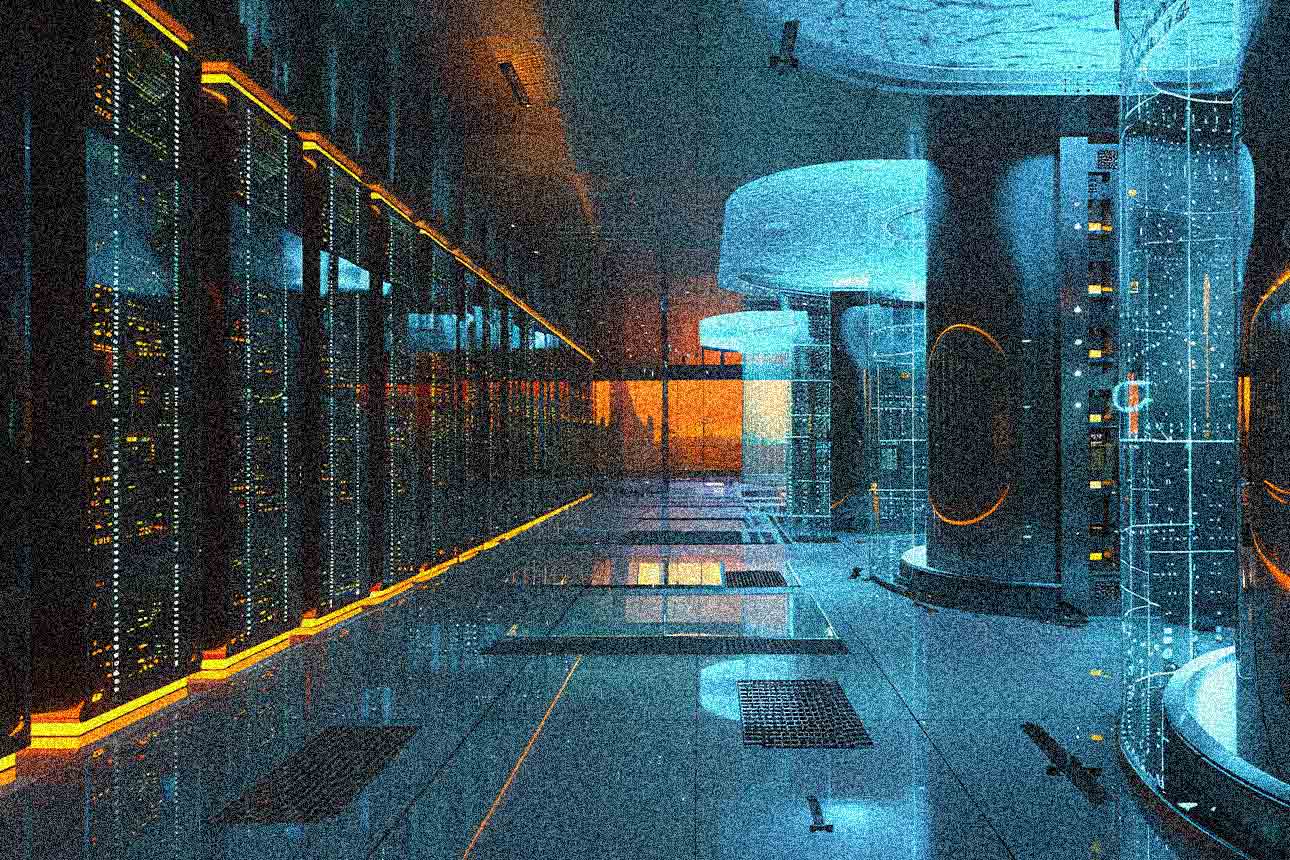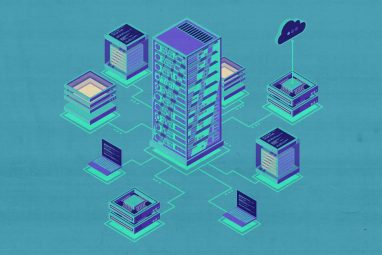Behind the Scenes of UAE’s AI Leap
Stargate is building a 10-square-mile AI ecosystem, positioning the UAE as a global hub for sustainable, cutting-edge innovation.
News
- UAE Companies Double Down on AI, but Gaps Persist: Report
- AI Robotics is a ‘Once-in-a-Generation’ Opportunity for Europe, Says Jensen Huang
- WEF and TII Announce Abu Dhabi Centre for Frontier R&D and Policy
- CrowdStrike Expands In-Country Clouds Across Saudi Arabia, India, and the UAE
- Musk Reboots Tesla’s Dojo Chip With Shift to Space-Based AI
- ServiceNow Names OpenAI as Preferred AI Partner for Enterprise Workflows

[Image source: Pankaj Kirdatt/MITSMR Middle East]
In today’s global AI race, infrastructure has become a central pillar of national strategy. While much of the conversation around AI focuses on algorithms, ethics, and innovation, it is the physical and digital foundations—the hyperscale data centers, energy systems, and modular platforms that ultimately determine a nation’s capacity to compete.
In the Middle East, the United Arab Emirates is placing a long-term bet on this foundational layer. The Stargate project, led by Khazna Data Centers, represents one of the most ambitious undertakings in AI infrastructure globally. More than a data center, Stargate is a 10-square-mile AI ecosystem that fuses cutting-edge technology, sustainable design, and industrial collaboration, all underpinned by a bold national vision to be an AI exporter, not just an adopter.
At a recent stakeholder session hosted by Khazna, senior executives and strategic partners shed light on the project’s progress, challenges, and significance—not just for the UAE, but for the global AI economy.
Scaling Intelligence at Infrastructure Speed
“This is not just a data center,” emphasized Hassan Alnaqbi, CEO of Khazna Data Centers. “This is the first phase of a five-phase AI cluster and we’re building an entire AI ecosystem around it.”
The Stargate project is being developed in partnership with industry heavyweights including G42, OpenAI, Oracle, NVIDIA, Cisco, and Louis A. Positioned within a 3,000 km radius of over 3 billion people, the campus is designed to make the UAE a digital gateway, one that imports and exports intelligence at scale.
The rapid execution of such a massive project requires not just capital, but clarity, collaboration, and technical trust. Nicholas Breham, EVP – Asset Management at TAQA Transmission, highlighted the unique sense of purpose behind the effort.
“As an engineer, it’s incredibly exciting to contribute to something of this magnitude,” said Breham. “This is one of the first projects of its kind globally, outside the US. There’s a saying: ‘Triumphing without danger means triumphing without glory’ and this project is full of glory.”
Breham pointed to a culture of continuous iteration on-site. “Even this morning, I had to go to the site unexpectedly. The team was already thinking about how to improve the next phase—shave weeks off timelines, rework ground systems. That’s the mentality. It’s an amazing environment.”
Crucially, Breham noted, such execution rests on something often overlooked in megaprojects: trust. “You can’t do this without immense trust in leadership, in teams, in national capabilities. That trust is one of the UAE’s most important strategic assets.”
Infrastructure as an Enabler for AI at Scale
Gareth Dennison, Vice President–Special Projects at Khazna, reinforced this view, characterizing Khazna’s role as the invisible force enabling AI to flourish.
“We’re the kind of boring infrastructure piece,” he said with a smile, “but the intelligence and the AI that sits on top of that, that’s what excites me. We’re setting the UAE up for a huge amount of incredible things to come.”
Dennison also touched upon the complexity ahead. “Right now, we’re still in the early part of the project. The real challenges—installing mechanical and electrical systems, commissioning, integration—are coming next. But that’s what we’re here for.”
His team is already planning how to bring global capabilities into play while minimizing on-site labor challenges. “We’re not just delivering a project, we’re establishing a repeatable model for intelligent infrastructure.”
From a delivery standpoint, Bjorn Viedge, General Manager at ALEC Data Centers, highlighted the unique construction strategy underpinning Stargate’s acceleration.
“We’ve had to be very dynamic,” Viedge explained. “In some cases, we pushed procurement before final design, taking calculated risks to maintain momentum. What you see on-site today is the result of that bold approach.”
ALEC has leveraged its local modular fabrication facilities to produce core infrastructure components off-site. “We already have MEP modules in storage, ready to be deployed. That lets us reduce reliance on large labor forces and improve site efficiency, especially at this scale.”
Sustainability, Viedge added, is a central focus of the company’s construction practices. “We’re heavily focused on reducing waste and using sustainable materials. These may seem like small things, but they compound. Every decision is made through a sustainability lens.”
Building a Greener AI Future
Stargate is not only a technological statement, but a climate-conscious one. The data center is being built to run on a predominantly green energy mix, supported by the UAE’s national energy infrastructure.
“The UAE already relies on 30% renewable energy — including 5.6 GW of nuclear and 3 GW of solar,” noted Dennison. “In addition, a new solar farm is being built near the Stargate site, along with 20 GWh of battery storage. That enables 24/7 green energy delivery to power the AI cluster.”
He also emphasized close coordination with technology vendors, including chip manufacturers, to ensure that the data center can accommodate future technology generations with maximum efficiency.
From the UAE, to the World
Beyond the build, Stargate is a symbol of national and regional ambition. “We want to take the Khazna ethos to the world,” said Dennison. “We’re already planning expansion in new markets. The UAE is not just a testbed; it’s a launchpad.”
Breham echoed that sentiment. “This is just the beginning. We’ll grow this facility, deliver more capacity, and continue building on this experience to lead not just regionally, but globally.”
Viedge agreed. “Innovation is deep-rooted in our business. There’s an enormous future ahead. We’re proud to help build it — right here, with partners who believe in it.”
For executives and policymakers across the Middle East, the Stargate project offers more than a glimpse into the UAE’s ambitions; it reveals a playbook for how to execute complex, future-ready infrastructure at scale. The fusion of government trust, private-sector innovation, modular delivery, and sustainability has created a model worth studying, and potentially replicating.
In a world where nations compete not just on ideas, but on the infrastructure that brings those ideas to life, the UAE has made its position clear: the future of AI will be built ,and it will be built here.







